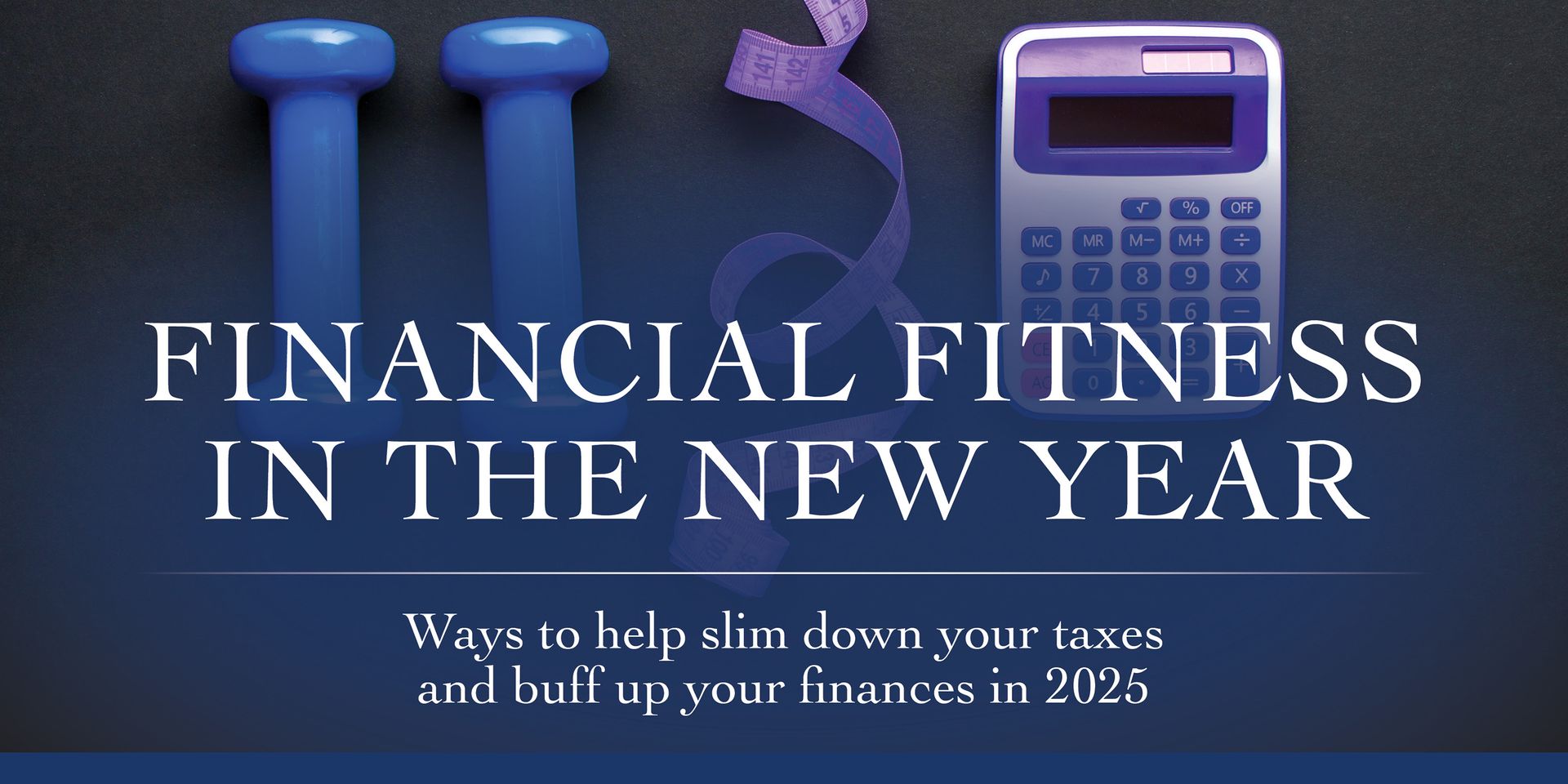Whether you’re new to the stock market or a seasoned investor, it can be hard to keep your emotions in check. As you hear unsavory news about a company you’ve invested in, your first instinct may likely be to sell your shares. Yes, their stock may drop in the following days or weeks, but when it comes to the stock market - it’s important to think long-term. Selling your stock now based on an emotional response could mean you miss out on significant earnings years or decades later down the line. Before you risk that chance, we have four easy tricks you can use to help avoid investing with your emotions.
Trick 1: Find a Behavior Coach
Working with an advisor can be your first line of defense against behavioral investing. Some investment advisors or financial planners may act as a behavior coach. In doing so, they can prepare you ahead of time to react calmly and unemotionally in times of market change. If you do tend to take an emotional approach to your investment decisions, you may find that an extra set of eyes on your portfolio to be worth it.
Trick 2: Put Your Plan In Writing
Do you have a favorite chocolate chip cookie recipe? You’ve made it so many times, the recipe is practically etched into your head. But let’s say you go to make them, and you get a bit distracted. With your focus astray, you may start to question what you thought you definitely knew. Was it ¾ cup of sugar or a half? I swear I bake these at 375 degrees, but now I can’t remember for how long. Before you begin to panic, you can grab the cookbook and double-check the recipe. Within minutes, you have total peace of mind that you added the right amount of sugar and set the timer correctly.
Think of your investments in the same vein. Putting your investment plan in writing can provide you with that same reassurance when doubts arise and your emotions begin to take over. If you’ve made a proper, thoughtful investment plan, you have likely already prepared for the good and the bad. Seeing this in writing can provide the relief that you’re doing the right thing.
Trick 3: Forget About Your Portfolio… For a Bit
There was a study conducted in 1979 that introduced the “loss aversion” principle. This principle is used to describe instances where the weight of a loss is greater than the benefits of a reward.1 For many investors, this principle can hold true - they feel much worse about a loss in value of their stocks than they feel happy when those stocks are performing well. If this sounds like you, it might be time to take a step back from your portfolio. While regular review and rebalancing is often necessary, you may want to resist the urge to check on your stocks too frequently (daily, weekly or even monthly). With the loss aversion principle in mind, doing so may lead to more frustration than elation. This could easily entice you to make an emotionally driven decision regarding your investments.
Trick 4: Read Up On Market History
Depending on your depth of investment knowledge, you may already know what a bull market (on the rise) and a bear market (falling downward) are. But if you’re looking to better prepare yourself emotionally, you may want to do a bit of research into what historically happens in each market type. How long they tend to last, the trends leading up to either market type and the recovery time (in cases of loss), for example. Taking a historical view of the market can help you separate yourself and your stocks from the greater picture. This has the potential to make your investment decisions less behavior-based as you become more informed about past trends.
Removing your emotions from your investments is easier said than done. And in some instances, it can actually be beneficial to take stock of how market changes make you feel. For example, your comfortability with a market downturn can help you understand whether or not your risk tolerance is at the appropriate level. But as you tune in to the nightly news or read about your favorite company online, remember to step back and think about your portfolio’s big picture. Doing so could save you from missing out on major investment wins later down the line. Have questions about your portfolio during times of market volatility? Contact us today!
This information has been provided by a Licensed Financial and Insurance Professional and does not necessarily represent the views of the presenting professional. This information is designed to provide a general overview with regard to the subject matter covered and is not state specific. The authors, publisher and host are not providing legal, accounting or specific advice for your situation. The statements and opinions expressed are those of the author and are subject to change at any time. All information is believed to be from reliable sources; however, there is no representation as to its completeness or accuracy. This material has been prepared for informational and educational purposes only. It is not intended to provide, and should not be relied upon for, accounting, legal, tax or investment advice and is not sponsored or endorsed by the Social Security Administration or any government agency. Investment advisory services offered through ChangePath LLC, a Registered Investment Adviser. Insurance services are offered through Trinity Financial Group. Trinity Financial Group and ChangePath, LLC are unaffiliated.







Ready to start a conversation?
Developing your custom retirement plan begins here. We’ll spend 15 minutes getting to know you and your needs to match you with an advisor committed to helping you achieve your retirement goals.
Fields marked with a * are required.
Fill out the form below and a member of our team will be in touch with you shortly.
We will get back to you as soon as possible
Please try again later
¹https://www.ssa.gov/policy/docs/quickfacts/stat_snapshot/
²https://www.ssa.gov/oact/quickcalc/earlyretire.html
³https://www.ssa.gov/benefits/retirement/planner/delayret.html
⁴https://www.ssa.gov/benefits/retirement/planner/taxes.html
⁵https://www.cnbc.com/2021/09/01/americans-are-behind-on-retirement-savings-heres-how-to-get-on-track.html
⁶https://www.fidelity.com/viewpoints/personal-finance/plan-for-rising-health-care-costs
⁷https://www.federalreserve.gov/publications/2021-economic-well-being-of-us-households-in-2020-retirement.htm
Advisory Services Offered Through CreativeOne Wealth, LLC an SEC Registered Investment Advisor. Trinity Financial Group and CreativeOne Wealth, LLC are not affiliated.
Licensed Insurance Professional. We are an independent financial services firm helping individuals create retirement strategies using a variety of investment and insurance products to custom suit their needs and objectives. This material has been prepared for informational and educational purposes only. It is not intended to provide, and should not be relied upon for, accounting, legal, tax or investment advice. 22219 - 2022/9/13
Investing involves risk, including the loss of principal. No Investment strategy can guarantee a profit or protect against loss in a period of declining values. Any references to protection benefits or lifetime income generally refer to fixed insurance products, never securities or investment products. Insurance and annuity products are backed by the financial strength and claims-paying ability of the issuing insurance company.
Trinity Financial Group does not provide legal advice and cannot draft legal documents. We work with experienced CPA’s, tax planners and estate planning attorneys who develop the legal documents that express a client’s estate planning intentions. We are pleased to work with a client’s current estate planning attorney, CPA®, and other advisers.
Investment advisory services are provided in accordance with a fiduciary duty of care and loyalty that includes putting your interests first and disclosing conflicts. Insurance services have a best interest standard which requires recommendations to be in your best interest. Advisors may receive commission for the sale of insurance and annuity products. Additional details including potential conflicts of interest are available in our firm's ADV Part 2A and Form CRS (for advisory services) and the Insurance Agent Disclosure for Annuities form (for annuity recommendations).





